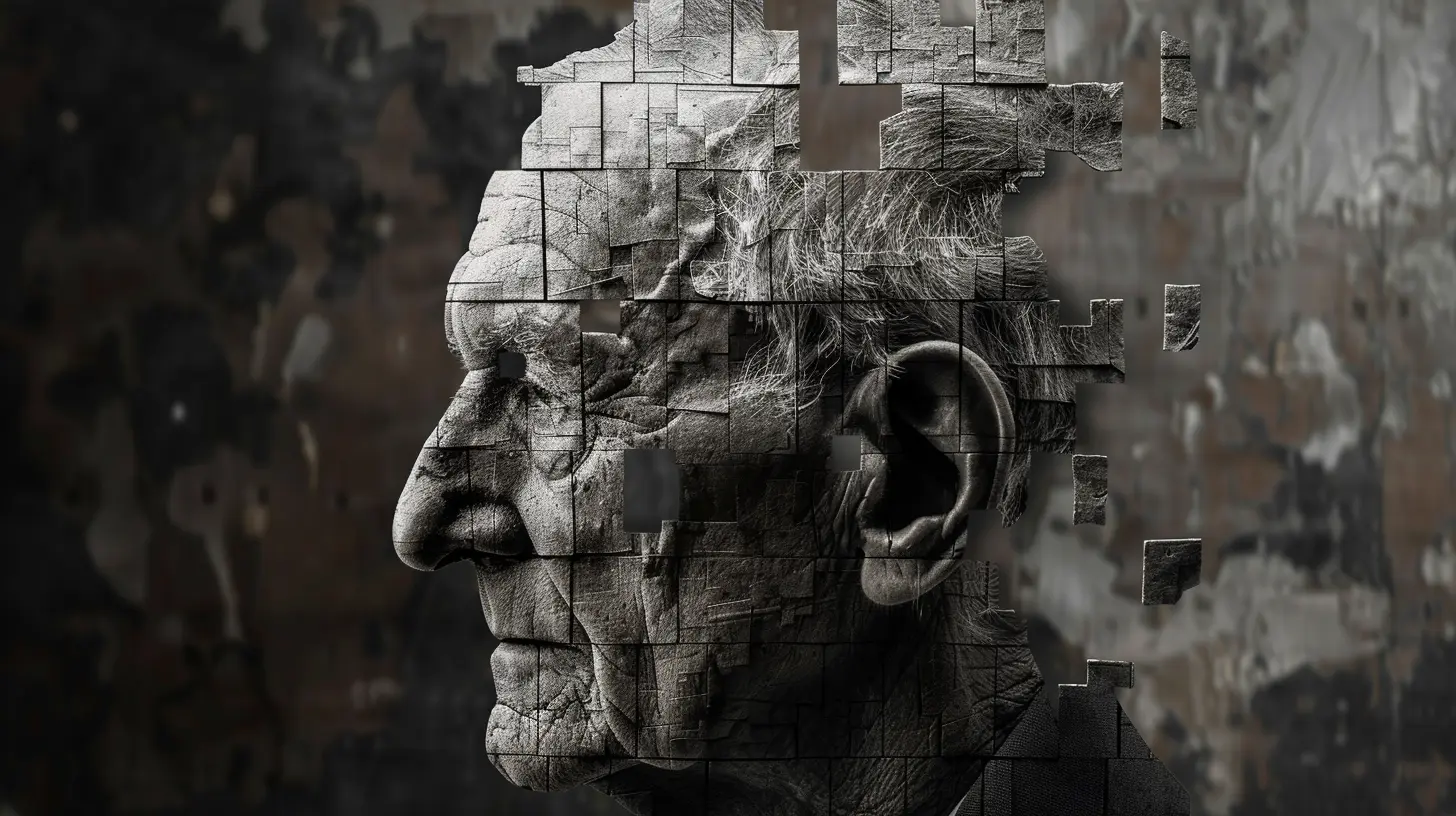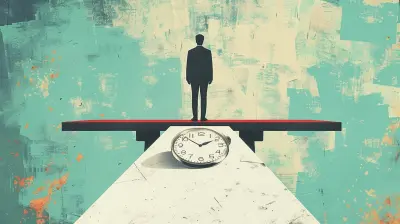The Role of Memory in Psychoanalytic Theory: Reconstructing the Past
7 May 2025
Memory is a tricky thing. It’s like a mental scrapbook—some pages are crystal clear, while others are smudged, torn, or even missing. But what if our memories aren’t as reliable as we think? And what if they play a bigger role in shaping who we are than we realize?
In psychoanalytic theory, memory isn’t just about recalling what happened yesterday or years ago. It’s about how our past—especially our unconscious memories—continues to influence our thoughts, emotions, and behaviors today. So, let’s dive deep into the fascinating connection between memory and psychoanalysis.

Understanding Memory in Psychoanalysis
Sigmund Freud, the father of psychoanalysis, believed that our minds function like an iceberg—only a small portion (our conscious thoughts) is visible, while a massive chunk (unconscious memories and desires) remains hidden beneath the surface.According to him, memories—especially traumatic or repressed ones—shape our personalities and emotional struggles. We may not always be aware of these buried memories, but they continue to influence our actions, relationships, and even mental health.
Types of Memory in Psychoanalytic Theory
To fully grasp the role of memory in psychoanalysis, we need to break it down into different types:1. Conscious Memory – This is the information we actively remember. Think of it as the easily accessible files on your computer.
2. Preconscious Memory – These memories sit just below the surface. With a little effort, you can retrieve them—like trying to remember an old friend’s phone number.
3. Unconscious Memory – This is where things get interesting. Unconscious memories are deeply buried and often forgotten (or repressed). Yet, they still have a huge impact on our psyche.
Freud argued that many of our emotional difficulties stem from repressed unconscious memories—especially from childhood.

Memory Repression: Burying the Past
Ever had a painful experience that you’d rather forget? Your mind might have done that for you. Freud introduced the concept of repression, where the mind pushes traumatic or distressing memories into the unconscious to protect us from emotional pain.Sounds helpful, right? Not always. The problem is that even though we don’t consciously remember these events, they still affect us.
For example, someone with intense social anxiety might not recall a childhood experience of being bullied. But that buried memory could still fuel their fear of social situations.
The Return of the Repressed
Repressed memories don’t just disappear. Freud believed they resurface in disguised forms—like in dreams, slips of the tongue (Freudian slips), or even recurring relationship patterns.Ever dated someone who reminds you of a past toxic partner? That’s no coincidence. Your unconscious might be replaying old dynamics, hoping to "resolve" past wounds.

The Role of Memory in Therapy
In psychoanalysis, therapy is all about unearthing the past. The idea is that by bringing unconscious memories to the surface, a person can process and heal from them.Free Association – Letting the Mind Wander
One technique Freud used was free association—where patients freely talk about whatever comes to mind. The goal? To bypass the conscious filter and let hidden memories rise to the surface.It’s like following a trail of breadcrumbs—one thought leads to another, and suddenly, buried memories start coming into focus.
Dream Analysis – Decoding the Unconscious
Freud believed that dreams were the “royal road to the unconscious.” Our dreams, he argued, are packed with symbolic representations of repressed memories.Say you keep dreaming about losing your teeth. In psychoanalytic terms, this could symbolize feelings of powerlessness or unresolved childhood fears.
Transference – Reliving the Past in the Present
Transference happens when a person unconsciously redirects feelings from a past relationship onto their therapist. For instance, if someone had a distant father, they might start feeling abandoned when their therapist cancels a session.It’s like emotional déjà vu—our mind replays old patterns, giving us a chance to recognize and work through them.

The Unreliability of Memory
Now, here’s a twist—memory isn’t always trustworthy. Studies show that our recollections can be distorted, altered, or even completely false. (Yep, our minds sometimes trick us!)Elizabeth Loftus, a cognitive psychologist, found that people can be led to "remember" things that never actually happened—just through suggestion. This has major implications for psychoanalysis, where memory plays such a crucial role.
If memories can be reconstructed or even fabricated, how much weight should we give them in therapy? It’s a complex debate that continues today.
The Modern Take on Psychoanalytic Memory
While Freud’s ideas laid the groundwork, modern psychology has expanded on them. Neuroscience now shows that memory isn’t like a video recording—it’s more like a puzzle. Every time we recall an event, we reconstruct it, sometimes adding or omitting details without realizing it.Contemporary psychoanalysts still emphasize the importance of memory but also consider external factors—like culture, relationships, and neurobiology—in shaping our experiences.
Why This Matters
Understanding the role of memory in psychoanalysis isn’t just for therapists or psychology buffs—it’s for everyone. Our past affects us in ways we might not even recognize. By becoming more aware of how our memories (both conscious and unconscious) shape our present, we gain the power to change old patterns and heal emotional wounds.Maybe it’s time to take a look at your own mental scrapbook. Are there unresolved memories influencing your life today? If so, perhaps it’s worth flipping through those pages—with curiosity and compassion.
all images in this post were generated using AI tools
Category:
PsychoanalysisAuthor:

Jenna Richardson
Discussion
rate this article
3 comments
Weston Hayes
Memory is not merely a repository of the past; it's a dynamic force shaping our psyche. Psychoanalytic theory boldly confronts our fragmented recollections, urging us to reclaim and reinterpret our narratives. Embrace the messiness of memory—it's the key to understanding ourselves and unlocking the transformative power of healing.
May 20, 2025 at 1:37 PM

Jenna Richardson
Thank you for your insightful comment! I completely agree that memory's complexity is crucial for self-understanding and therapeutic growth in psychoanalysis. Embracing its messiness can indeed lead to profound healing.
Carla Hamilton
Insightful perspective on memory's impact!
May 15, 2025 at 2:46 PM

Jenna Richardson
Thank you for your kind words! I'm glad you found the perspective on memory's role in psychoanalysis insightful.
Cypher McClary
Reconstructing the past: because who doesn’t love a good plot twist in their own mental soap opera?
May 12, 2025 at 2:26 AM

Jenna Richardson
Absolutely! Memory plays a crucial role in shaping our narratives, often revealing unexpected twists that reshape our understanding of self.



